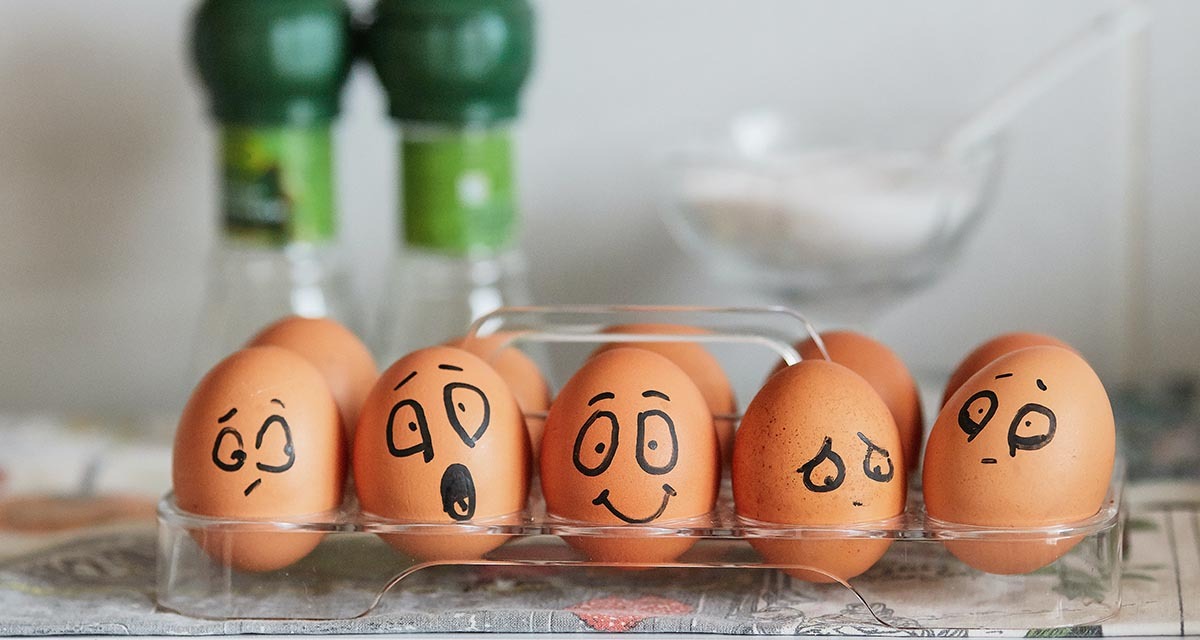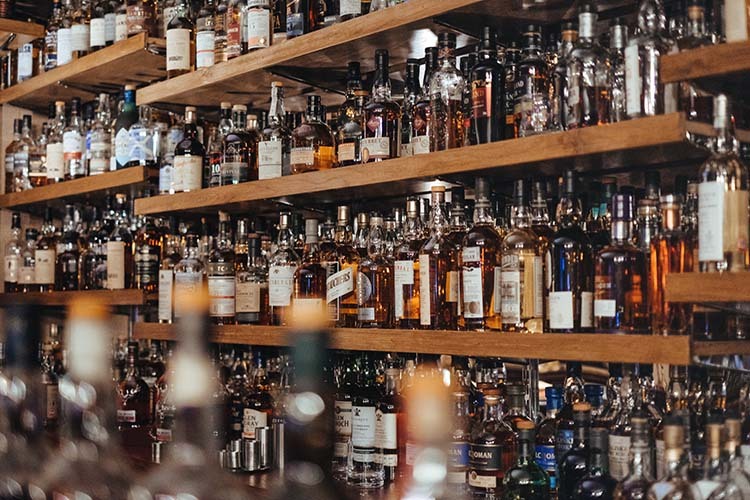
Does What You Eat Affect Your Mood?
The link between diet and mental health has been well-established. In fact, poor diet is a risk factor for developing mental health conditions like depression. While the exact mechanism isn't fully understood, it's thought that the nutrients in food can have an impact on brain function.
There are a few key nutrients that seem to be particularly important for mental health: omega-3 fatty acids, magnesium, zinc, iron, and vitamin B6. These nutrients are found in a variety of foods, including fish, dark leafy greens, nuts and seeds, legumes, and whole grains.
If you're struggling with depression, making sure to get enough of these nutrients in your diet may help improve your symptoms. In addition, eating a healthy diet is important for overall physical health and can help reduce the risk of developing other conditions that can contribute to depression.
Depression can manifest in many different forms, each with its own unique set of nutritional needs. People with seasonal affective disorder (SAD), premenstrual related depression, elderly adults, and those on antidepressant medications may find these specific diet recommendations helpful.
Healthy Carbohydrates Can Help
A chemical in the brain called serotonin plays an important role in regulating a person's mood. Serotonin is thought to be involved in feelings of well-being, and people who are depressed may have a deficiency of this chemical.
A high carbohydrate diet has been shown to increase levels of serotonin in the brain. While there is no evidence that eating carbohydrates will cure depression, a diet with adequate healthy carbohydrate foods can help improve mood.
B-Complex Vitamin Deficiency
Depression has been linked to deficiencies in the B complex of vitamins, especially folic acid, thiamin, riboflavin, niacin and B6. While most Americans are not deficient in these vitamins, those who suffer from depression often have poor diets and are at risk for deficiency. Alcohol excess can also lead to deficiencies in these vitamins.
It is best to get these nutrients from your diet. If you decide to take a supplement, select a multiple vitamin with no more than 100-150% of the RDAs. Large amounts can pose health risks of their own.
Avoid Alcohol
Many people think of alcohol as something that will make them feel "good" in the short-term, so it's not surprising that when depressed, many turn to alcohol or beer in an attempt to feel better. Unfortunately, this is one of the worse things to do. Alcohol is actually a depressant and can worsen and existing depression.

Too much alcohol can cause deficiencies in the very vitamins needed for good mental health. If you're suffering from depression, it is advised that you avoid alcohol altogether.
Get More Essential Fats
Fat is an essential part of our diet, but too much of it can lead to serious health problems. The key is to find the right balance of fat in our diets, especially when eating out at restaurants. Polyunsaturated fats are essential for a healthy human diet.
Polyunsaturated fats are found in a variety of plant-based foods, such as nuts and seeds, as well as in some animal-based foods, such as fatty fish. Polyunsaturated fats can also be made synthetically and are found in some processed foods. When eaten in moderation, polyunsaturated fats can be part of a healthy diet.
In western diets, one type of these essential fats (omega-3 fatty acids) is hard to get unless effort is made to do so. The key to a healthy diet is to make sure you're getting the right kinds and amounts of fat.
Avoid Caffeine When Possible
Caffeine may help people with depression to increase energy levels. But like with alcohol, this dietary measure can sometimes backfire. Caffeine stimulates the nervous system, so too much can keep you from getting a good night's rest. Even those who claim to fall asleep easily after a cup of coffee are affected by caffeine.
Caffeine prevents deep, restful sleep necessary for optimal health and well-being. Over-stimulation of the nervous system has the potential to raise anxiety levels. Anxiety and depression often go hand-in-hand, making recovery more difficult. Therefore, it's important to be mindful of how much caffeine you're consuming if you're struggling with mental health issues.
If you're not sure where to start, talk to a registered dietitian or your doctor about how to create a healthy eating plan that meets your needs.




